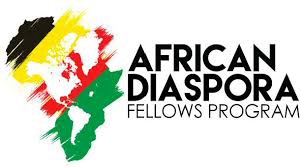K-12 and Community College Virtual Program
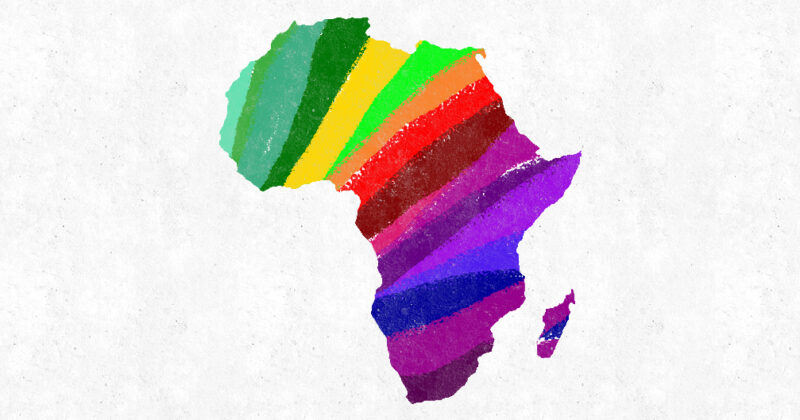
This virtual program introduces educators to the concept of the African diaspora and the experiences of African diaspora communities in the United States. According to the African Union, the African Diaspora is composed of “people of African origin living outside of the continent, irrespective of their citizenship and nationality, and who are willing to contribute to the development of the continent and the building of the African Union.” Educators will gain knowledge of the African diaspora, learn about the interconnectedness of Africa with other nations, including the United States, and receive resources that underscore connections, similarities and differences among African diaspora communities. This program is designed for K-12 and community college educators of all disciplines.
Program Goals:
- Identify a relevant issue that affects African diaspora communities and how they could be incorporated across various academic disciplines
- Learn something new about the experiences of African diaspora communities in the United States
- Gain insights and resources on the connections, similarities and differences among diaspora communities
Limited scholarships generously provided by the UNC African Studies Center to educators in North Carolina Title I schools. Please email worldview@unc.edu to apply.
Co-sponsorship provided by the UNC African Studies Center and the African Diaspora Fellows Program.
Schedule | Speakers | Program Materials | Support
Schedule
| Thursday, MARCH 25th | |
| 4:00 p.m. | Welcome and Introductions
Charlé LaMonica, Director, UNC World View Ada Umenwaliri, Associate Director; FLAS Coordinator and Acting Director Spring/Summer 2021, UNC African Studies Center |
| 4:05 p.m. | The Transatlantic Slave Trade and the Making of the African Diaspora in the Americas
Kia Lilly Caldwell, Professor, Department of African, African American and Diaspora Studies and Co-Director, African Diaspora Fellows Program, UNC-Chapel Hill |
| 4:35 p.m. | Diaspora in the Americas: Memory, Myth and Meaning
Joseph Jordan, Interim Vice Provost for Academic and Community Engagement and Director, Sonja H. Stone Center for Black Culture and History, UNC-Chapel Hill |
| 5:10 p.m. | The Modern African Diaspora in the United States: Personal Reflections and Community Experiences
Terza Silva Lima-Neves, Associate Professor of Political Science and Chair, Department of Social and Behavioral Sciences, Johnson C. Smith University |
| 5:45 p.m. | African Studies Center Resources
Ada Umenwaliri, Associate Director; FLAS Coordinator and Acting Director Spring/Summer 2021, UNC African Studies Center
|
| 5:55 p.m. |
Closing Remarks Charlé LaMonica, Director, UNC World View |
Speakers
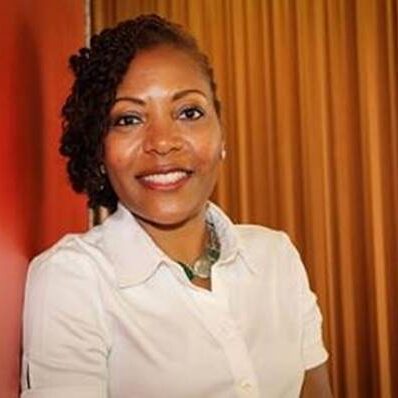 |
Kia Lilly Caldwell is a sociocultural anthropologist and Professor of African, African-American, and Diaspora Studies and adjunct associate professor of anthropology at UNC-Chapel Hill. Dr. Caldwell is also the co-director of African Diaspora Fellows Program, which provides professional development to middle and high school teachers in North Carolina. Her research focuses on race, gender, black feminism, anti-racism, and health in Brazil and the U.S. Her current research focuses on three main areas: (1) the impact of the Coronavirus pandemic on Black communities in the U.S. and Brazil; (2) how Black women have re-envisioned democracy and human rights through activism and office holding across the Americas; and (3) maternal mortality among Black women in the U.S. and other areas of the African diaspora. Her publications in both English and Portuguese have been instrumental in the development of Afro-Brazilian Studies and scholarship on black women’s experiences in Brazil, and have spawned a noticeable increase in research in these areas. Dr. Caldwell is the co-editor of the book, Engaging the African Diaspora in K through 12 Education published in 2020. |
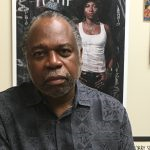 |
Joseph Jordan is Interim Vice Provost for Academic and Community Engagement, Director of the Stone Center for Black Culture and History and Adjunct Associate Professor, African/African American and Diaspora Studies at UNC-Chapel Hill. His work focuses on diaspora social justice movements and the cultural politics of race, identity and artistic production in the diaspora. He has published extensively, including Cabral, Solidarity and the African Diaspora in the Americas (book chapter) in Cabral no Cruzamento de Épocas: Comunicações e Discursos Produzidos no II Simpósio Internacional Amílcar Cabral, Fundação Amílcar Cabral (2013) and curated several works as well, including Aswarm With the Spirits of All Ages Here: Inconceivable Spaces of Slavery and Freedom; Amiri Baraka: Meetings and Remarkable Journeys, and more.
Before coming to UNC Dr. Jordan served as Director of The Auburn Avenue Research Library on African American Culture and History; as Visiting Professor at the Instituto Superior de Educação, Cape Verde and at the Universidad Politecnica Argelia Laya in Venezuela, and as Associate Professor/Founding chair, African/African American Studies at Antioch College. He currently serves on the Executive Board of the Association for the Study of the Worldwide African Diaspora (ASWAD); the Board of Stagville (NC) State Historic Site Foundation; the City of Durham Cultural Advisory Board and is a founding and current Board member of Our Children’s Place – for the Children of Incarcerated Mothers. He’s served on the Editorial Advisory Boards of The Black Scholar, and PALARA – Publication of the Afro-Latin American Research Association and is immediate past Chair, the Durham Historic Preservation Commission. Dr. Jordan has a BA in Psychology from Norfolk State University; MA in African American Studies and MS in Preventive Medicine, Ohio State University; and PhD, African Studies/Development and Planning, Howard University. |
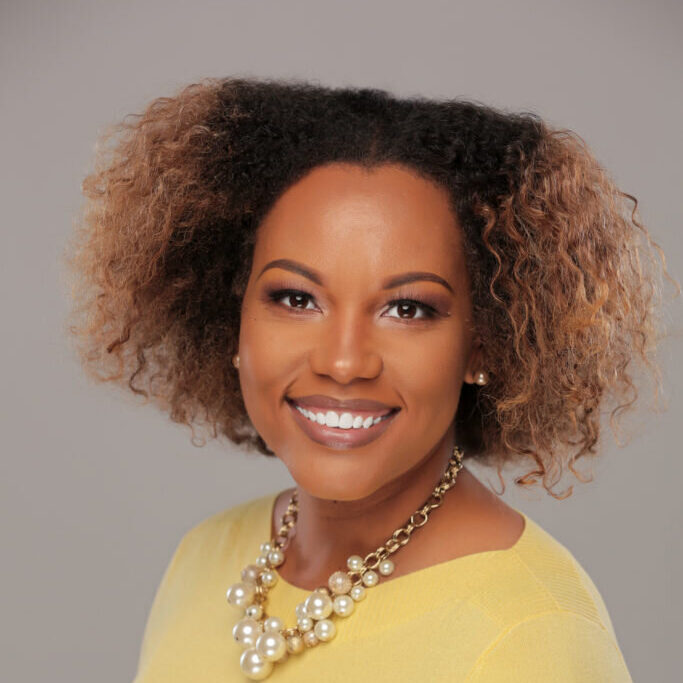 |
Terza Silva Lima-Neves is a proud Cabo Verdean woman, wife, mom, scholar, award-winning professor, and community leader. She was born and raised in Cabo Verde, West Africa and immigrated to the United States with her parents and sisters as a teenager. Terza is associate professor of political science and chair of the Department of Social and Behavioral Sciences at Johnson C. Smith University. As an educator and scholar, her research is interdisciplinary in nature and straddles the field of political science, sociology, African studies, and women and gender studies. Currently, she is one of a handful of scholars whose work focuses on the emerging field of Cabo Women’s studies adding the voice, stories and experiences of Cabo Verdean women to the larger body of literature on (Lusophone) African studies, African women’s studies, Transnational Black women’s studies, and modern African diaspora studies.
Dr. Lima-Neves is a 2020/21 fellow with the International Women’s Forum, among a cohort of diverse women who are entrepreneurs, academics, government officials, nonprofit leaders, and corporate executives, each chosen for their demonstrated leadership capacity. IWF invests in advancing the next generation of women leaders through their Fellows Program, a year-long, intensive executive development experience with training from Harvard Business School and INSEAD Executive Education. Additionally, Terza is the 2020 Martin Luther King, Jr. Vision Award recipient at Providence College, 2019 finalist for the HBCU Digest Female Faculty of the Year, the 2019-20 President of the North Carolina Political Science Association, the first Black person to serve in this role, co-founder of Poderoza: International Conference on Cabo Verdean Women and founding President of the Cape Verdeans of the Carolinas Association. She is passionate about community work that empowers and inspires people. She lives in Charlotte with husband Luis and their children. For more on Terza’s work visit her website, terzalimaneves.com. |
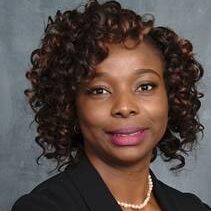 |
Ada Umenwaliri is the Associate Director and FLAS Coordinator of the African Studies Center at the University of North Carolina, Chapel Hill. She is also the current acting director in spring and summer 2021. Prior to joining UNC Chapel Hill, for 15 years, she worked on several development projects for the US Agency for International Development and the UK Department for International Development. Ada is a graduate of the University of London and Duke University. Outside work, Ada is busy mothering three girls, leveling up at Krav Maga and supporting various development efforts in Nigeria and Africa. |
Program Materials
Instructions: To receive 5 PDCH credits you must attend the virtual program on March 25th and turn in a completed study guide. DOWNLOAD STUDY GUIDE HERE. Please return completed study guide by Thursday, April 22nd, 2021 to Nick Allen, World View Program Coordinator at NICKA@UNC.EDU.
Reading:
Palmer, C. (1998). Defining and Studying the African Diaspora. The newsmagazine of the American Historical Association.
https://www.historians.org/publications-and-directories/perspectives-on-history/september-1998/defining-and-studying-the-modern-african-diaspora
Video:
TEDx Talk by Teresa H. Clark – Bridging the Diaspora Divide
https://www.youtube.com/watch?v=sg6F-M6v1iM
General support provided by:
| Office of the Vice Provost for Global Affairs |  |
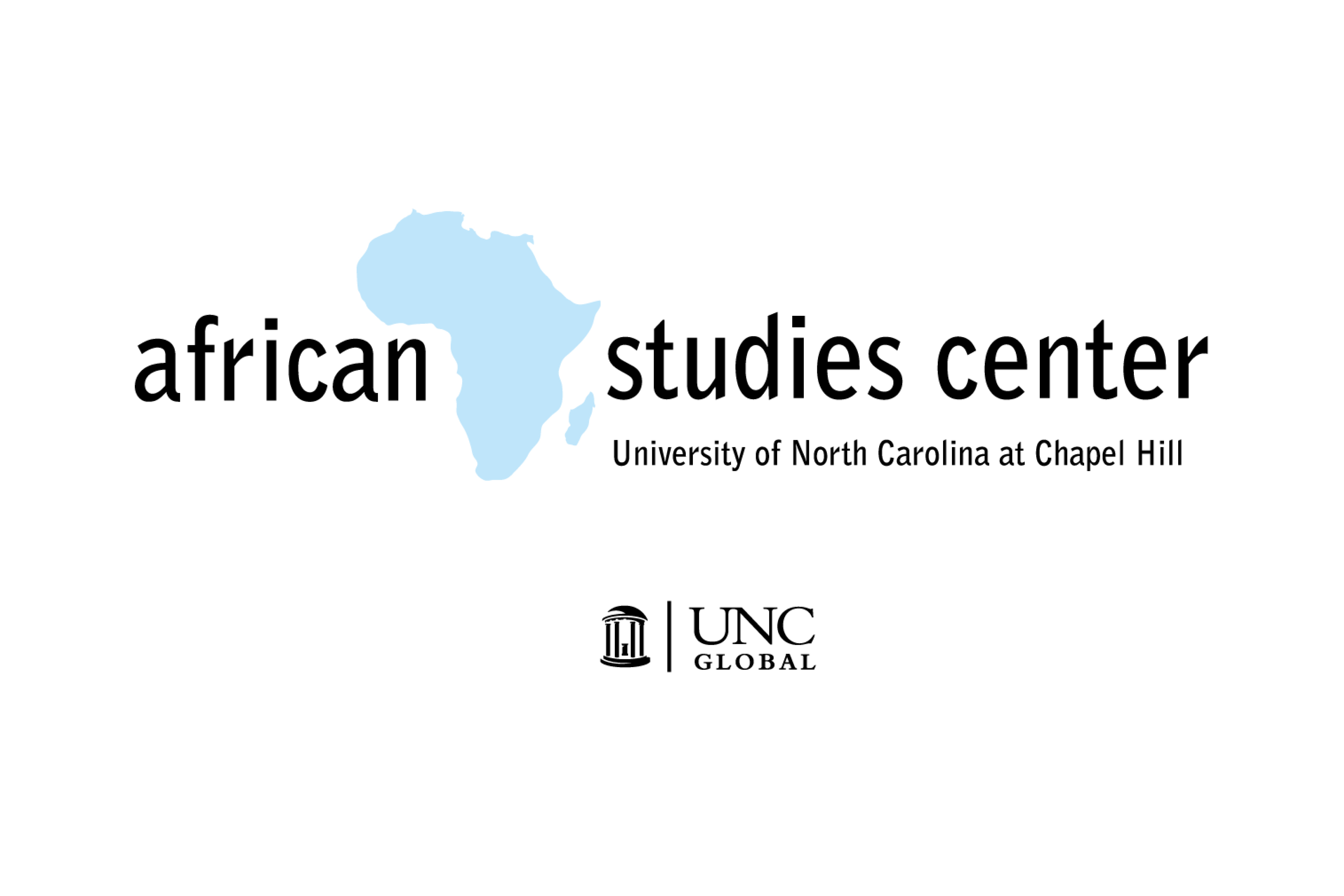 |

